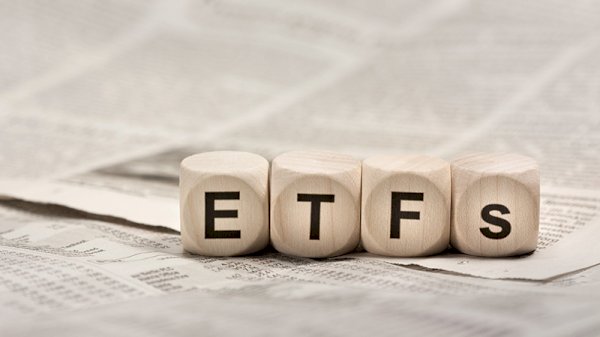
The emergence of the Covid-19 pandemic has affected a lot of businesses, particularly some of the larger corporations. Over 30% of the markets were reported to decline. Surprisingly, despite the fall of the market, ETFS has flourished and has tripled its market size, growing to over $56 billion. It manages to attract steady fund flows at the height of the recent market panic and has proven its resilience during the first quarter of 2020.
Understanding ETFS
ETFS or Exchange-traded fund is a type of security involving securities, such as stocks. The market index is measured by determining the basis of the selling price of a given holding or firm. During the Covid-19 pandemic, exchange-traded funds played a leading role in price discovery for both the investors and the banks. While other markets deteriorated and started selling off their stocks, the traded funds were a source of stability.
Why You Should Invest in ETFS
The continuous decline of some of the markets prompts many investors to sell off their securities in a panic. The fear of not able to gain some returns was one of the main reasons for such activity. However, ETFS continues to trade off efficiently, showing investors the capability of the traded funds to rebalance holdings, manage risks, and hedge portfolios.
If you are looking for a way to earn money despite the pandemic, here are a few reasons why investing in ETFS is beneficial for you:
A Rise in Fixed Income ETFS Trading
In mid-March, as the Covid-19 pandemic became extreme throughout the world, market investors were worried about being able to assess the worth of corporate bonds. It was impossible to get real exchange marks on these shares with the decline in trading. As a result, traders expanded their bid and offer rates.
It meant buyers are spending more to purchase exchange-traded funds despite getting less as they sold them in the exchange. Market participants became more optimistic in pricing and narrowed their spreads as improved price exposure returned, supported by more liquidity, trade, and federal monetary and fiscal funding. Take advantage of this liquidity by trading in fixed income ETFS.
Discounts in Corporate ETFs Bonds
The ETFS market faces considerable selling pressure at the end of the first quarter in 2020, particularly with the corporate bonds. With the decreased buying of securities, this selling pressure resulted in an imbalance in many exchange-traded funds.
High sales behaviour led market makers to be sceptical about taking more ETFS into their accounts, so they managed to prevent this by driving the spread down to the point that there was a discount. It indicates that sellers earn less than their net asset value, or NAV would suggest when selling the ETF. To put the ETF price back in line, a fund manager will make two choices, either to eliminate shares or replace it with new shares. It is where a discount price is placed on exchange-traded funds.
At the height of the market panic, some patterns have prevailed and reversed in the past weeks. It helps to minimise expectations of the worst possible cases for the economy, passing the major fiscal and monetary stimulus packages the market offers. If you are thinking of engaging in exchange-traded funds, you should identify those that fit with your priorities and risk constraints, irrespective of the pattern inflows of the market.
Publisher: Mark
Leave a Reply